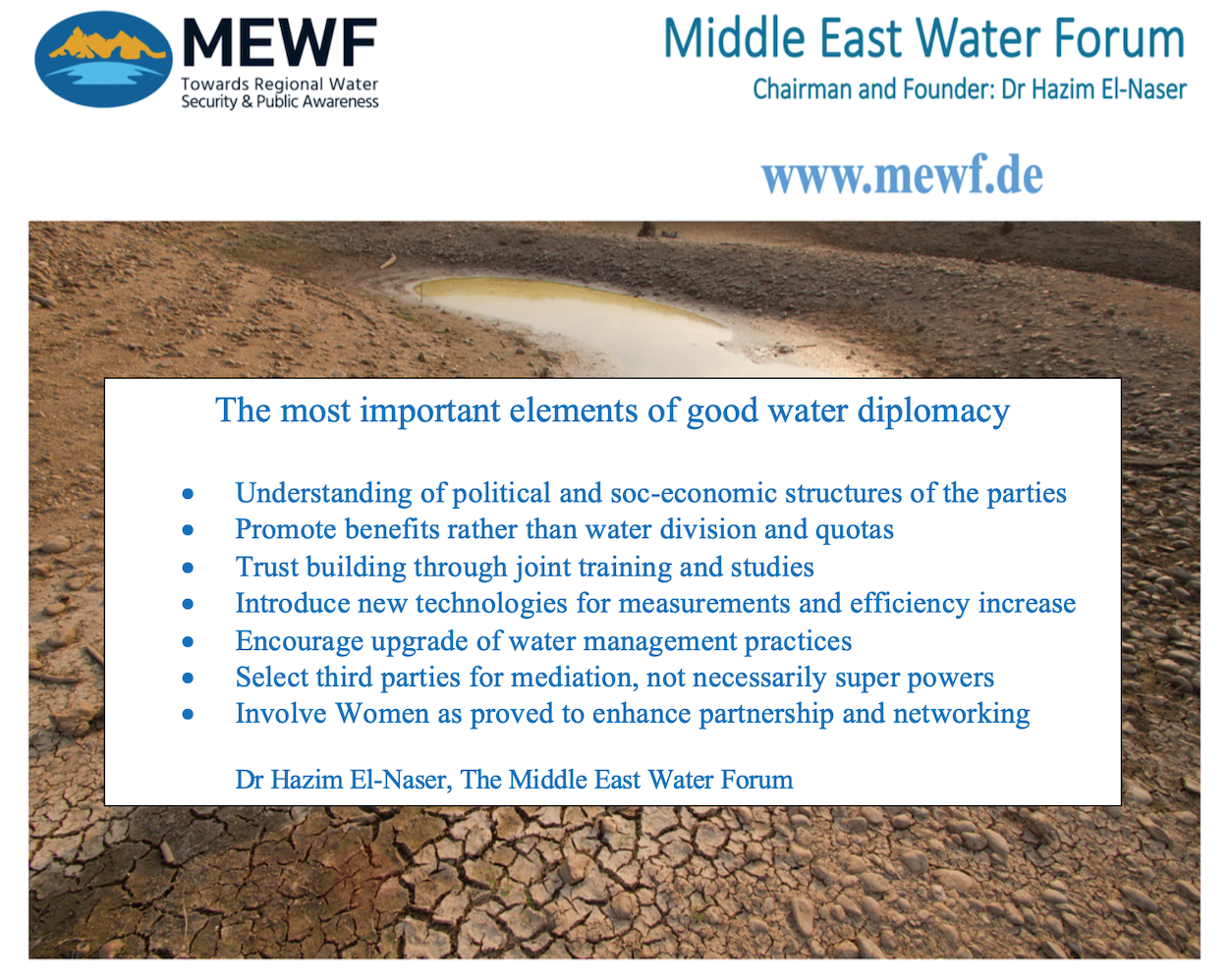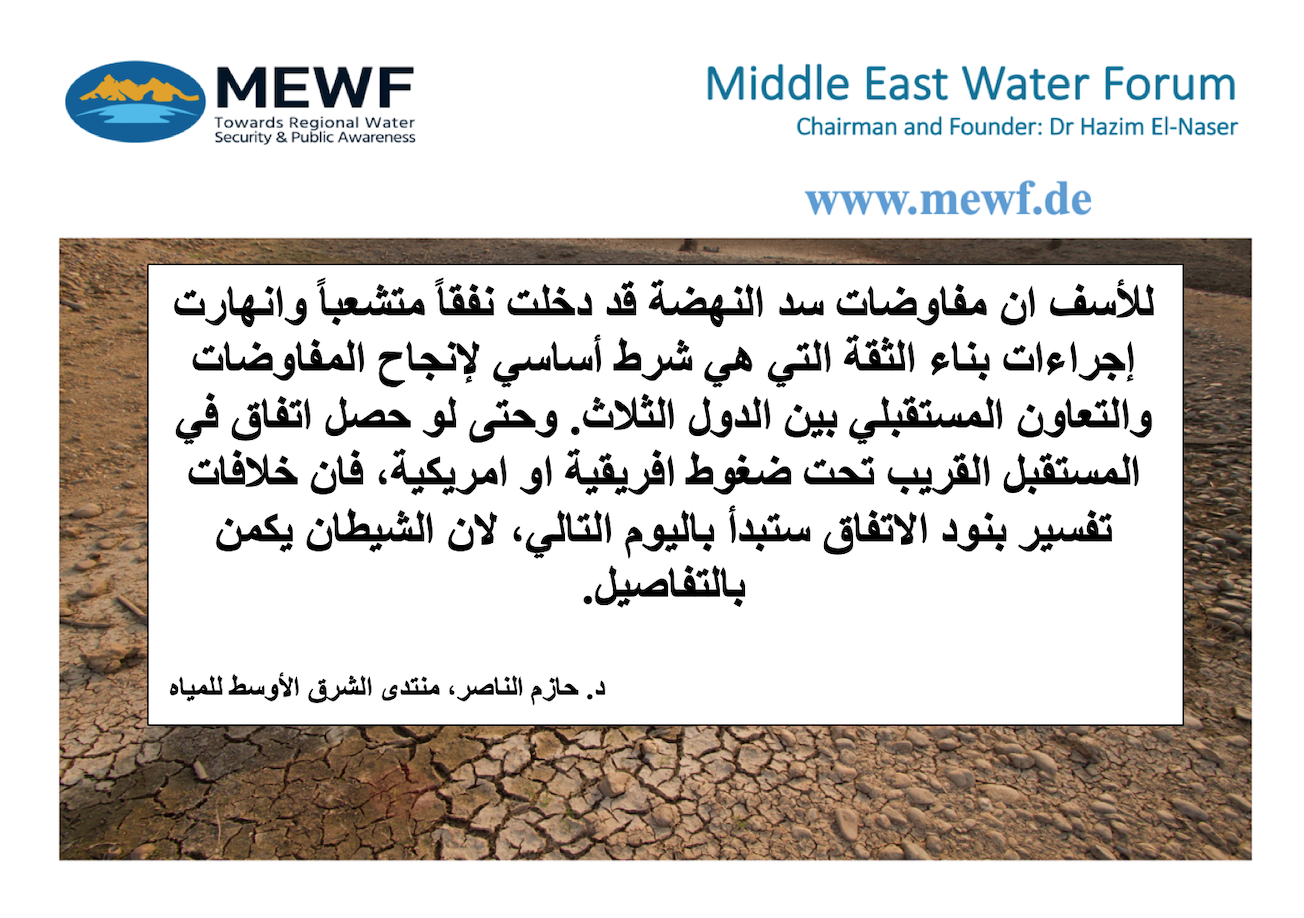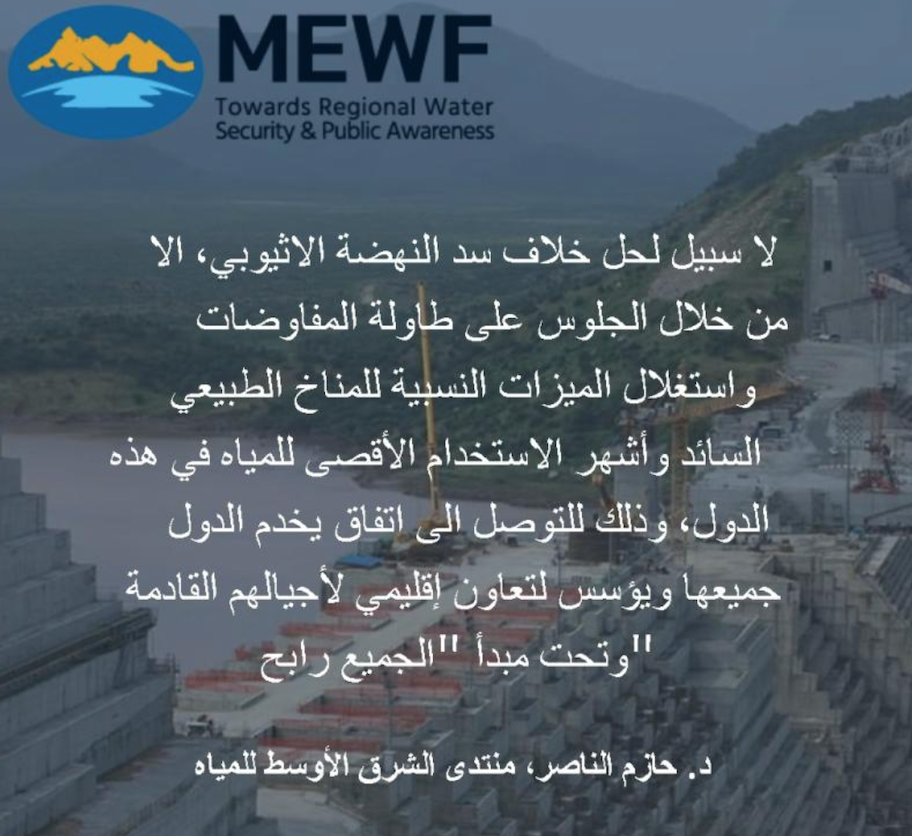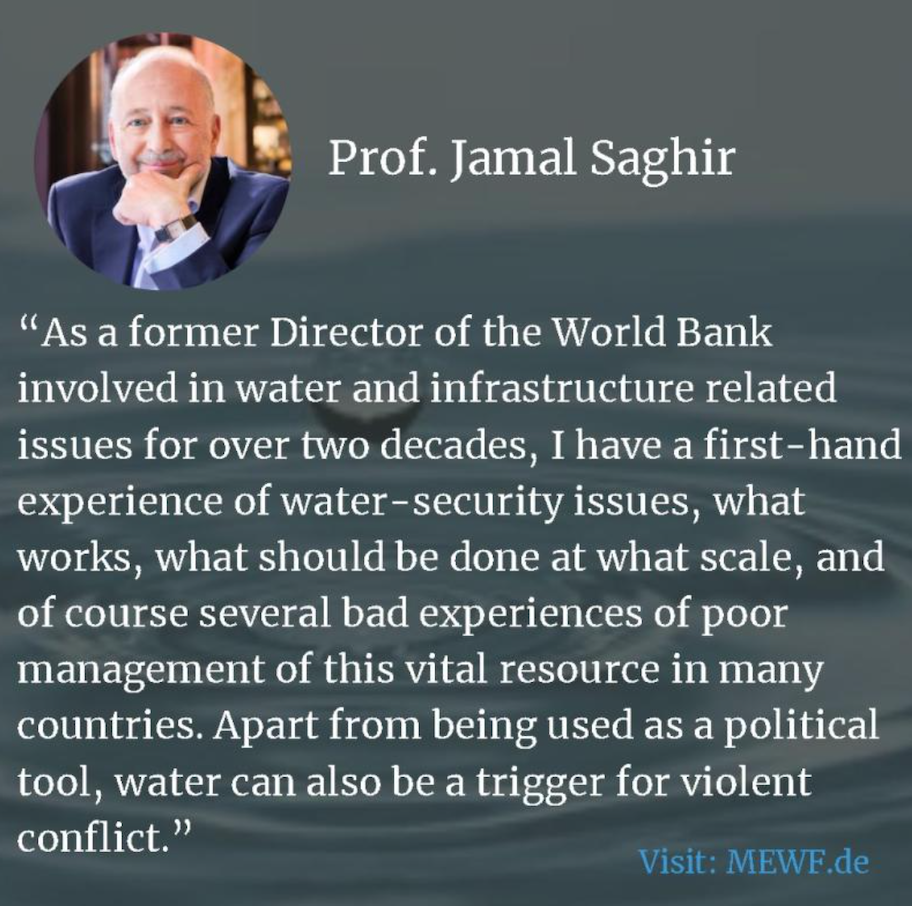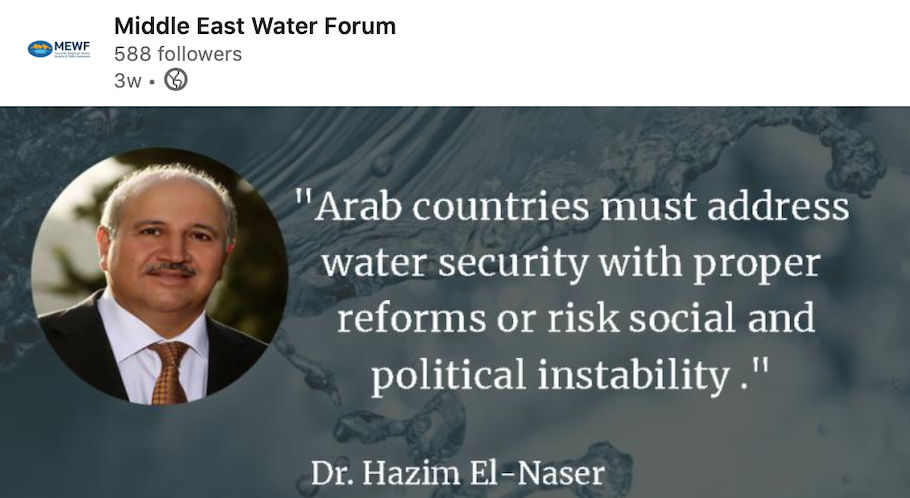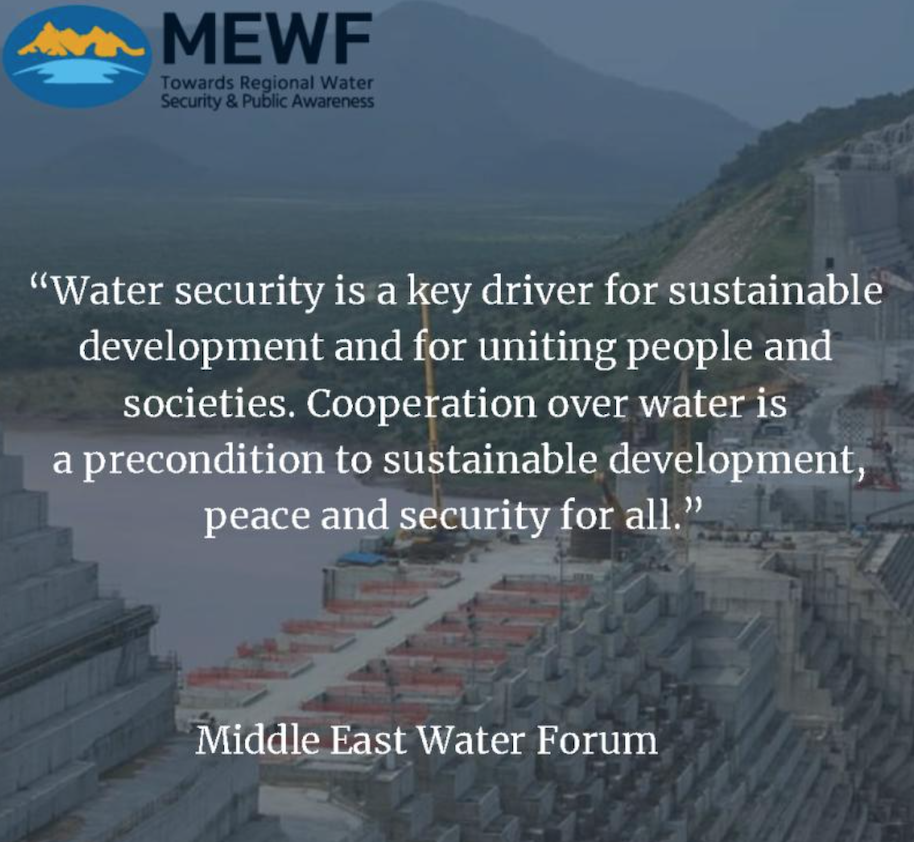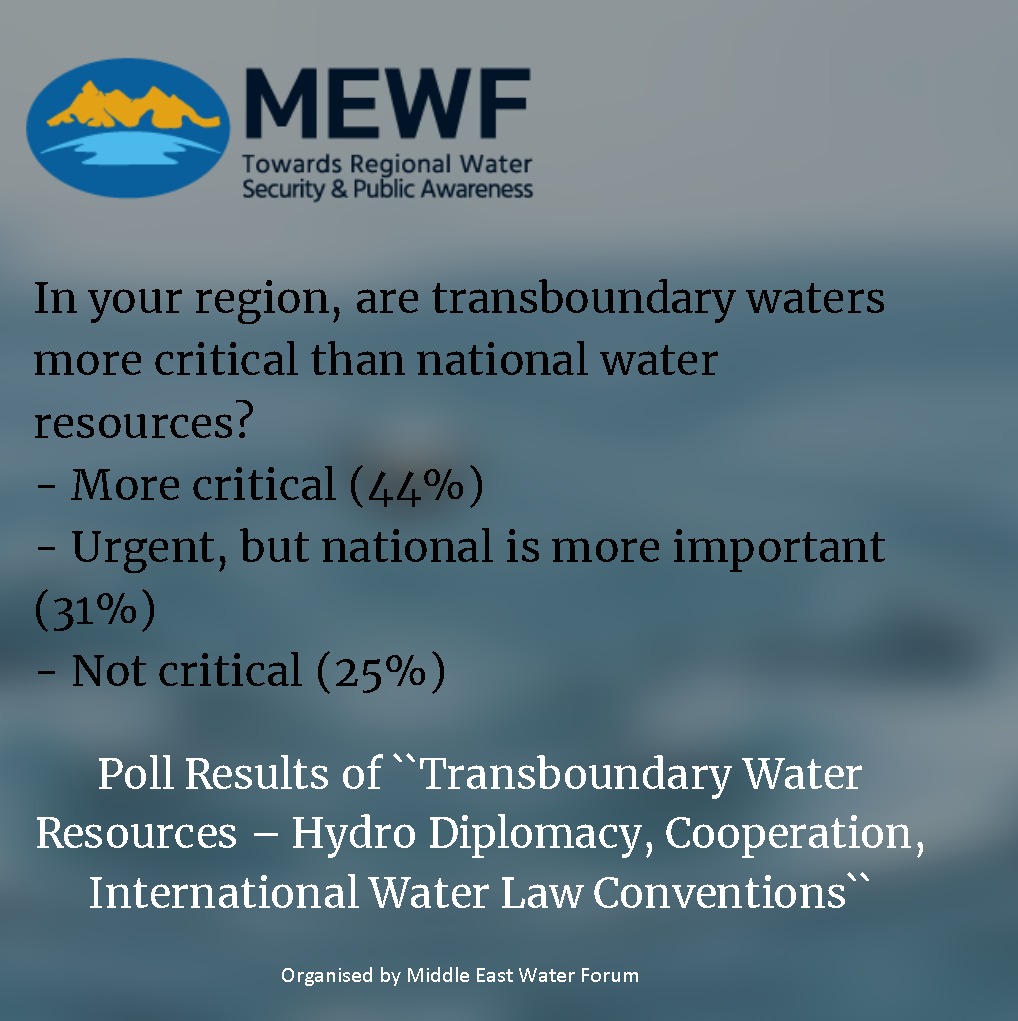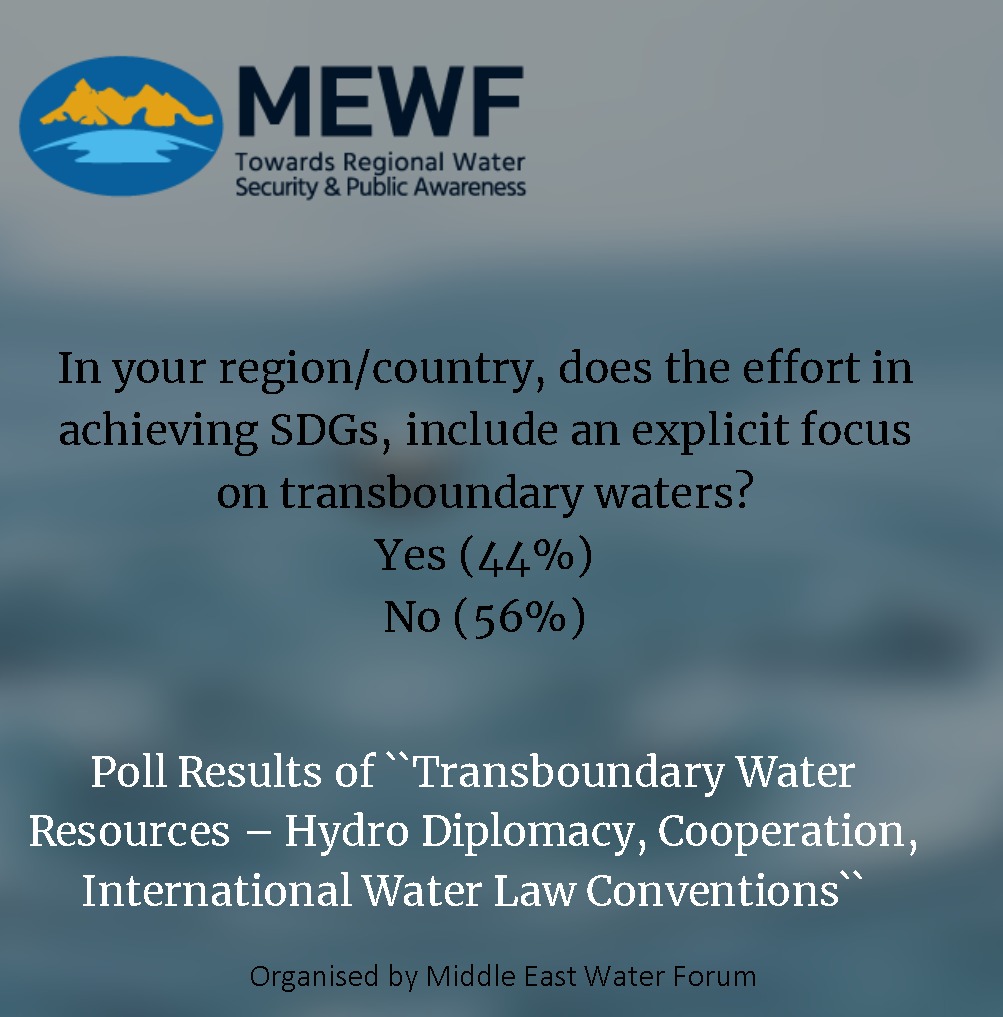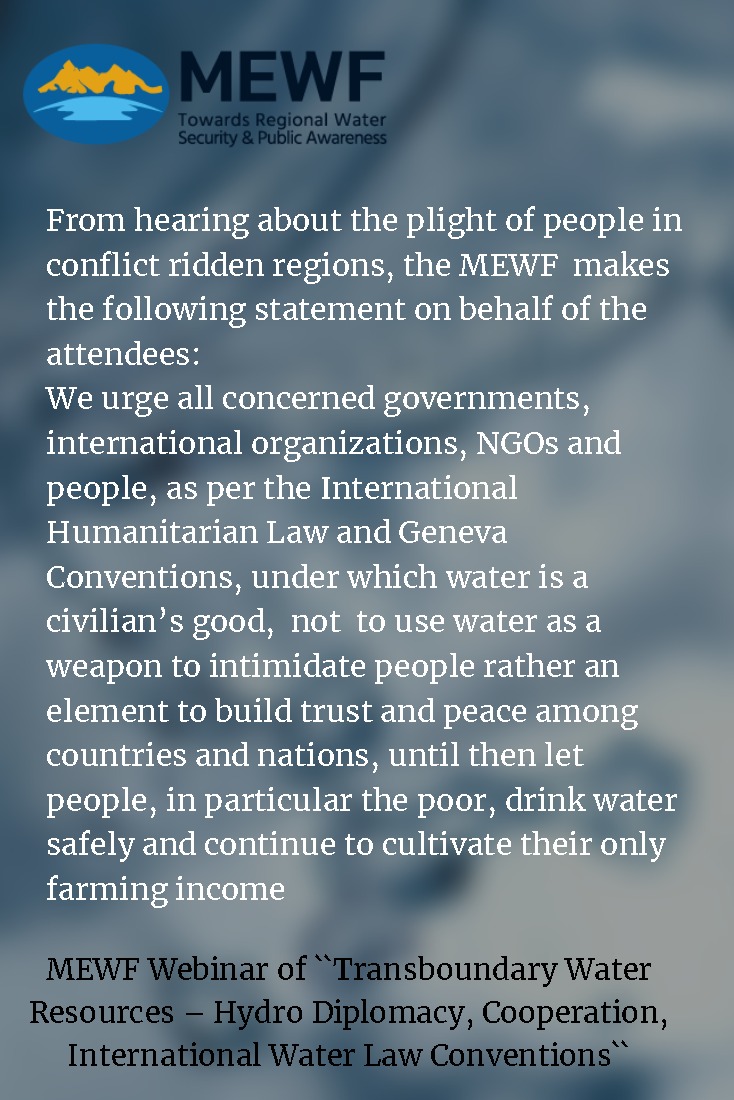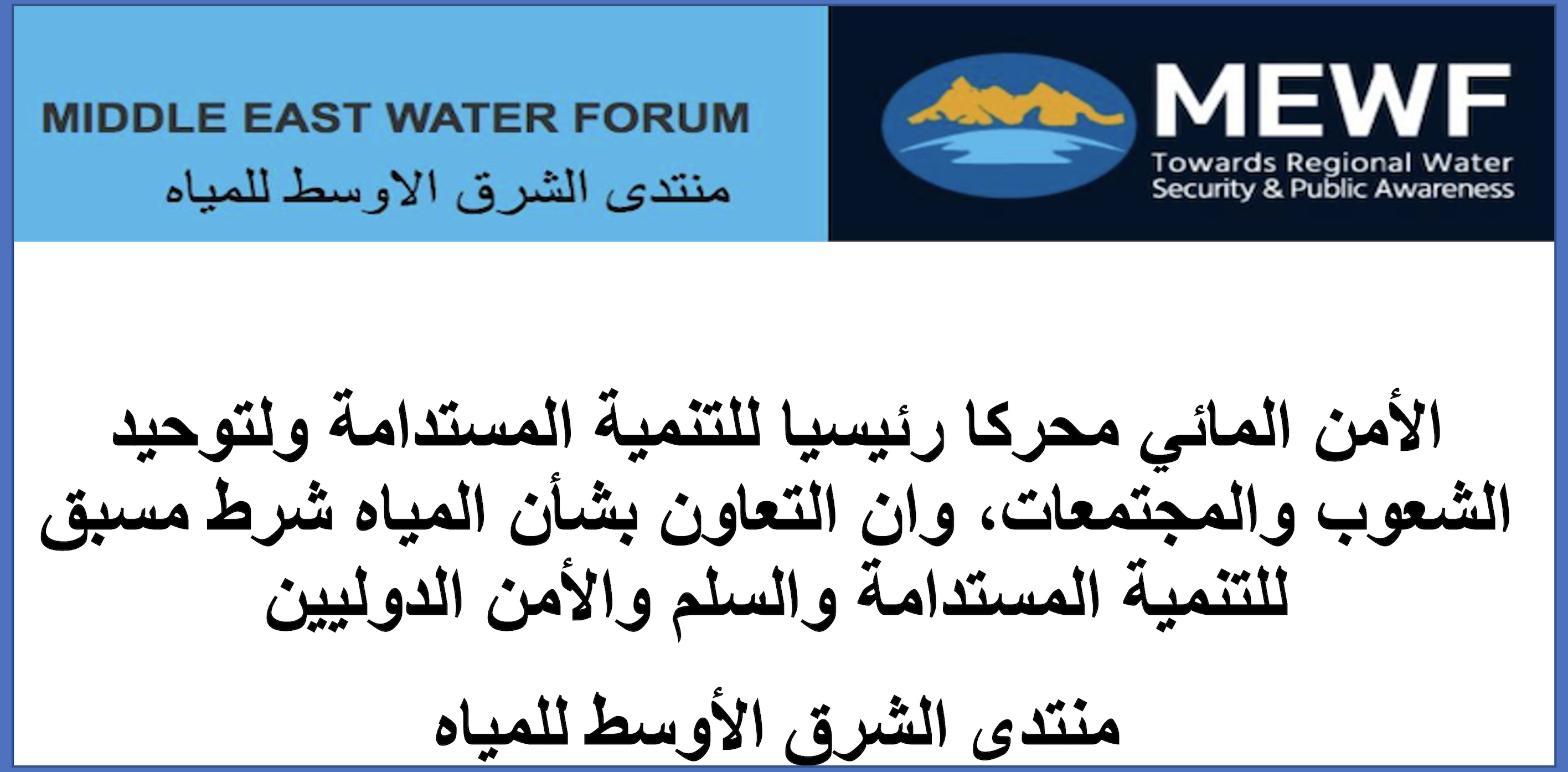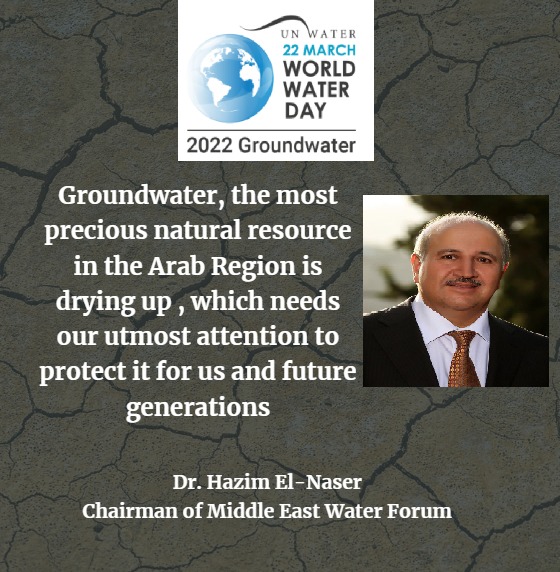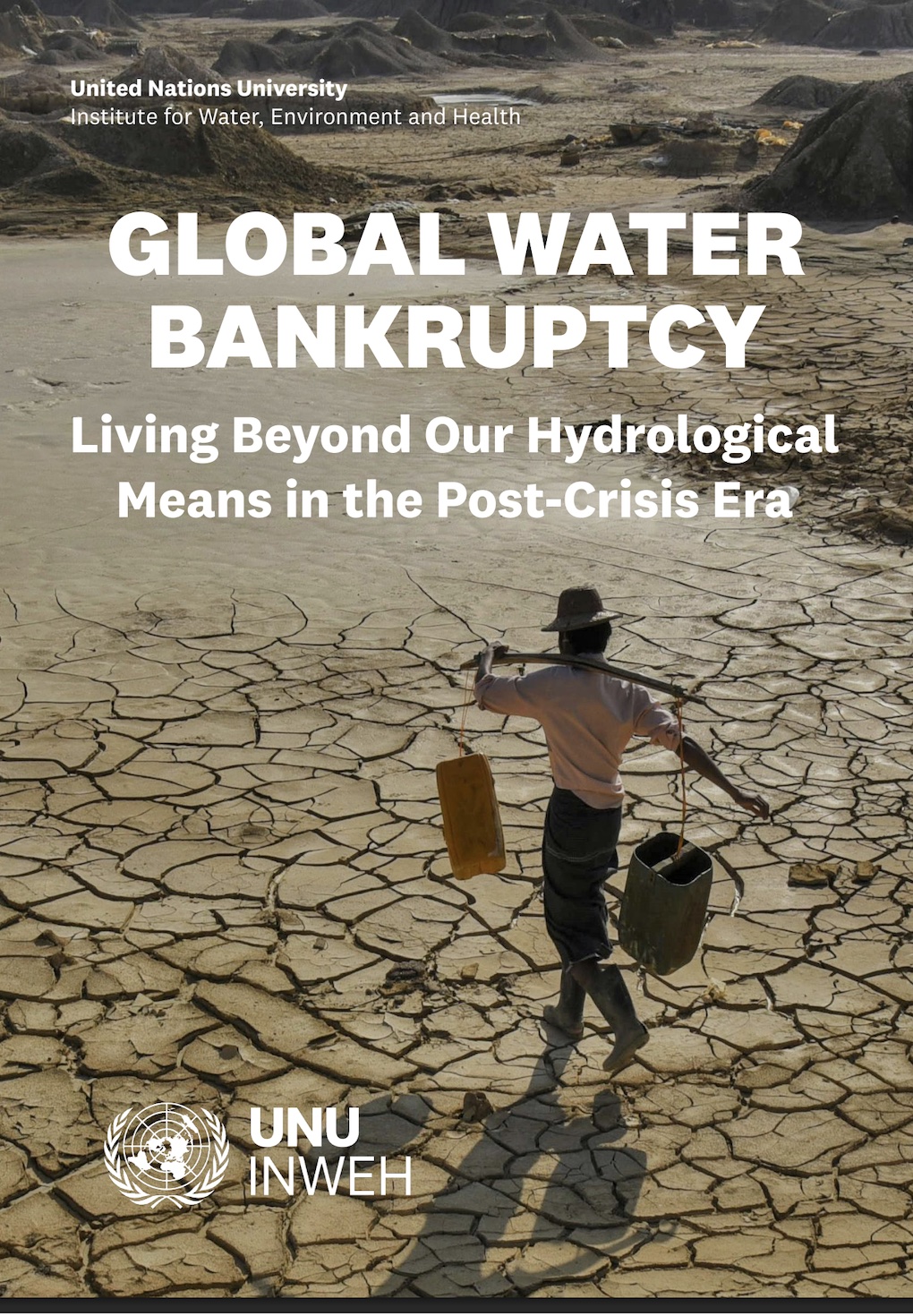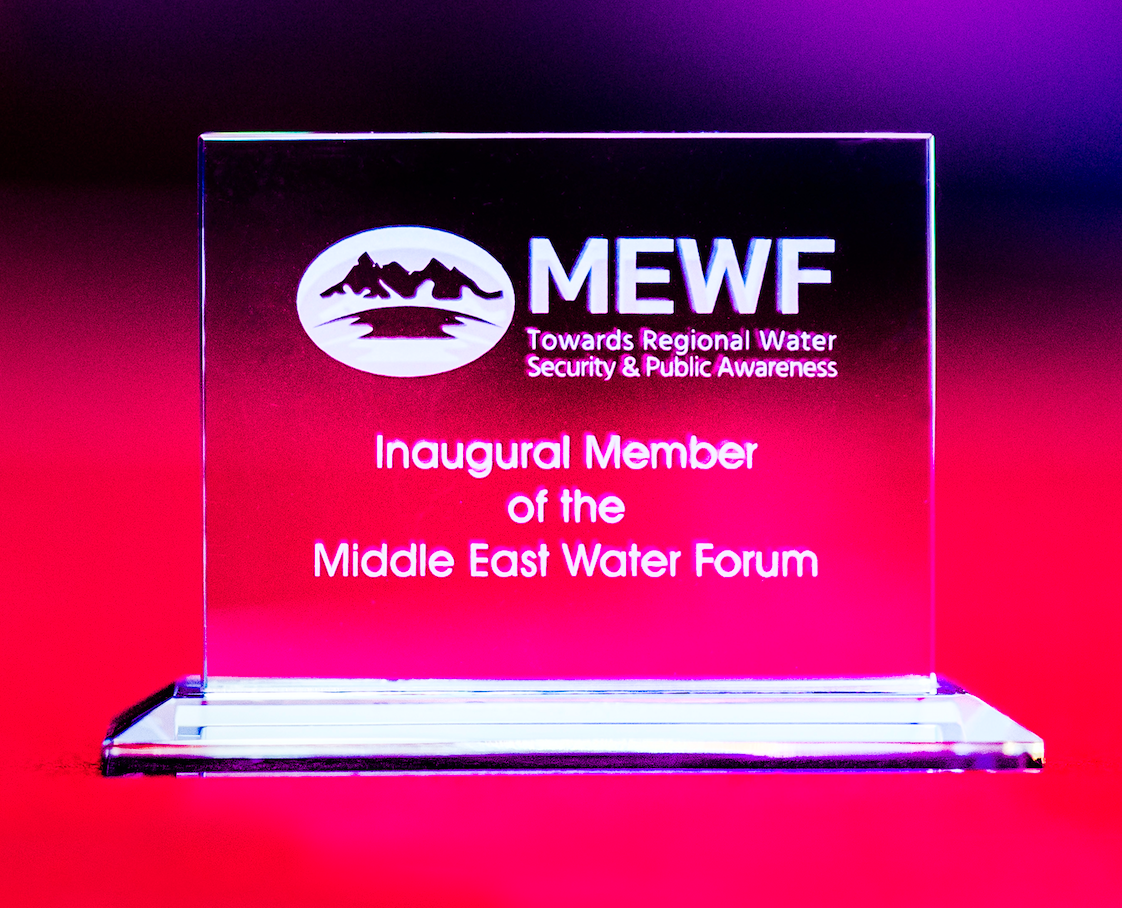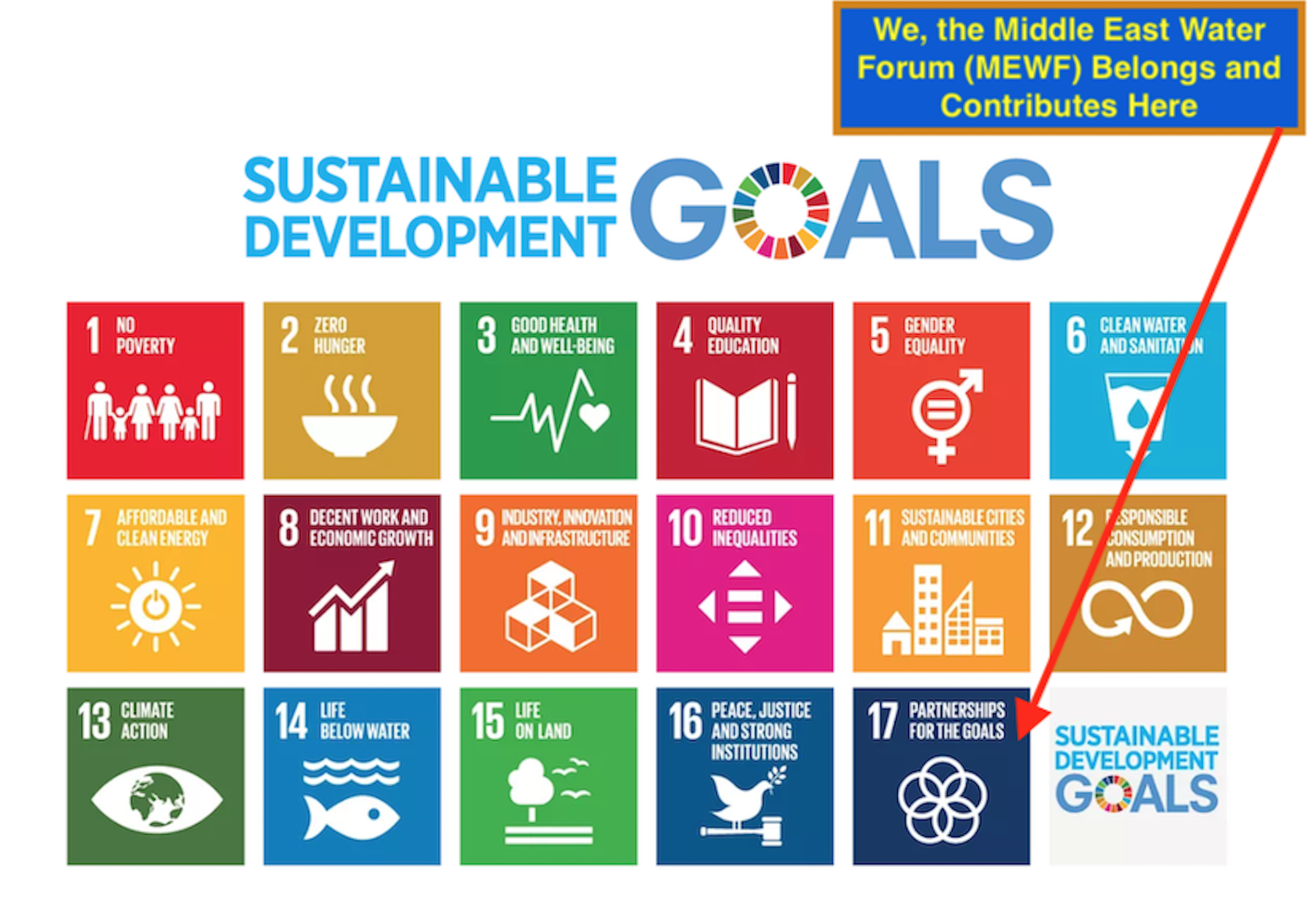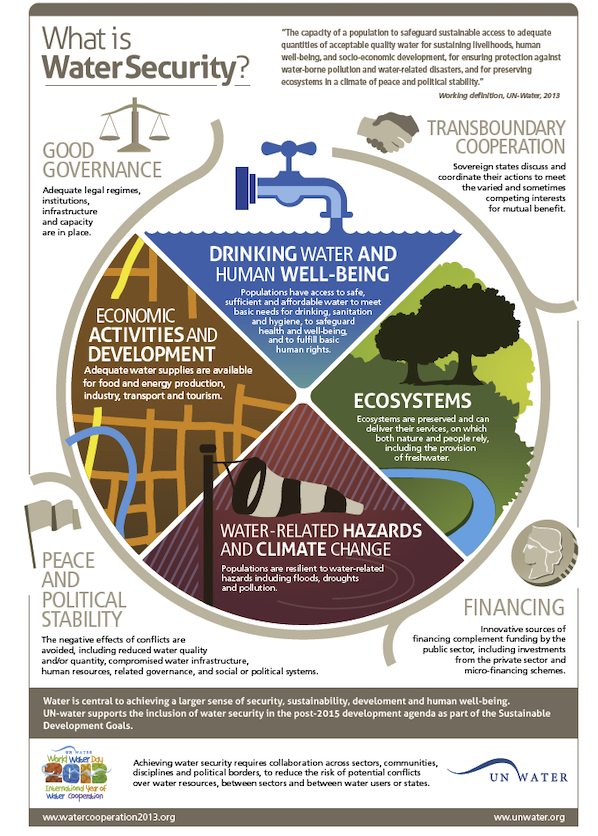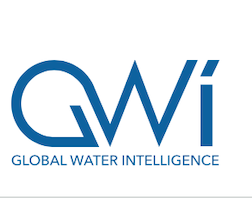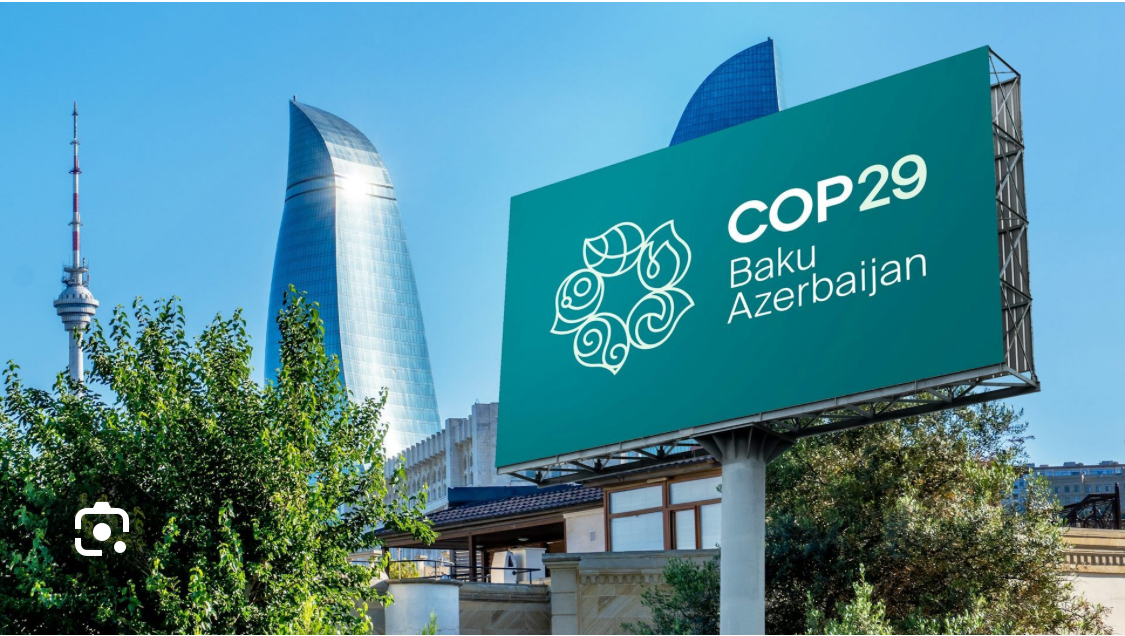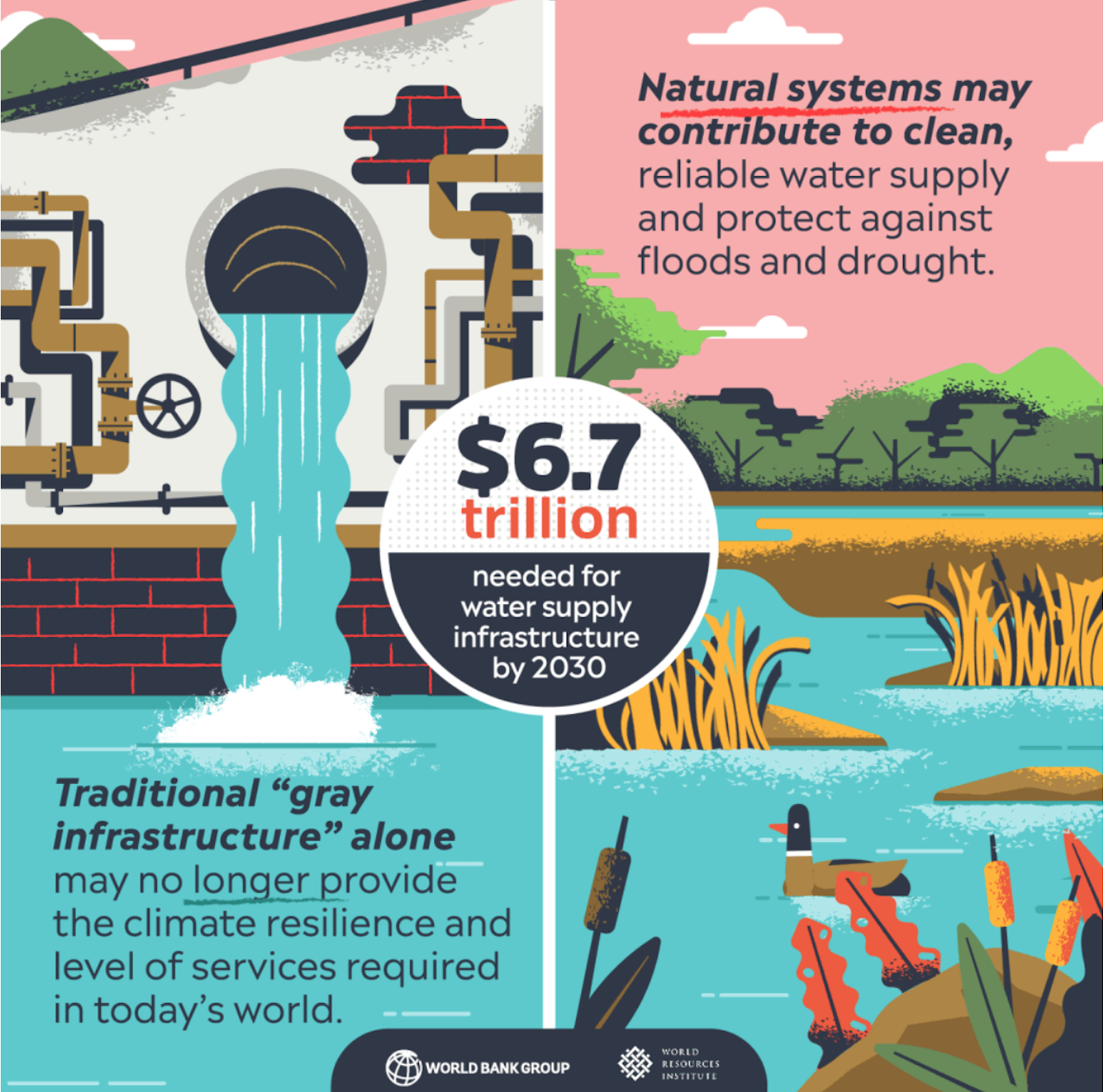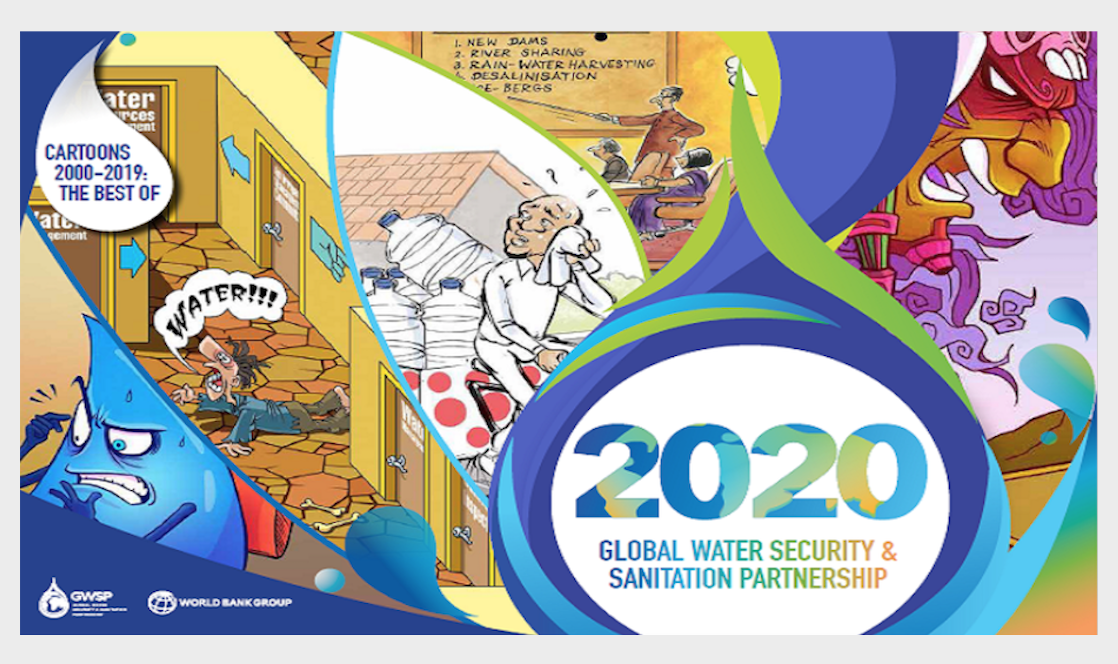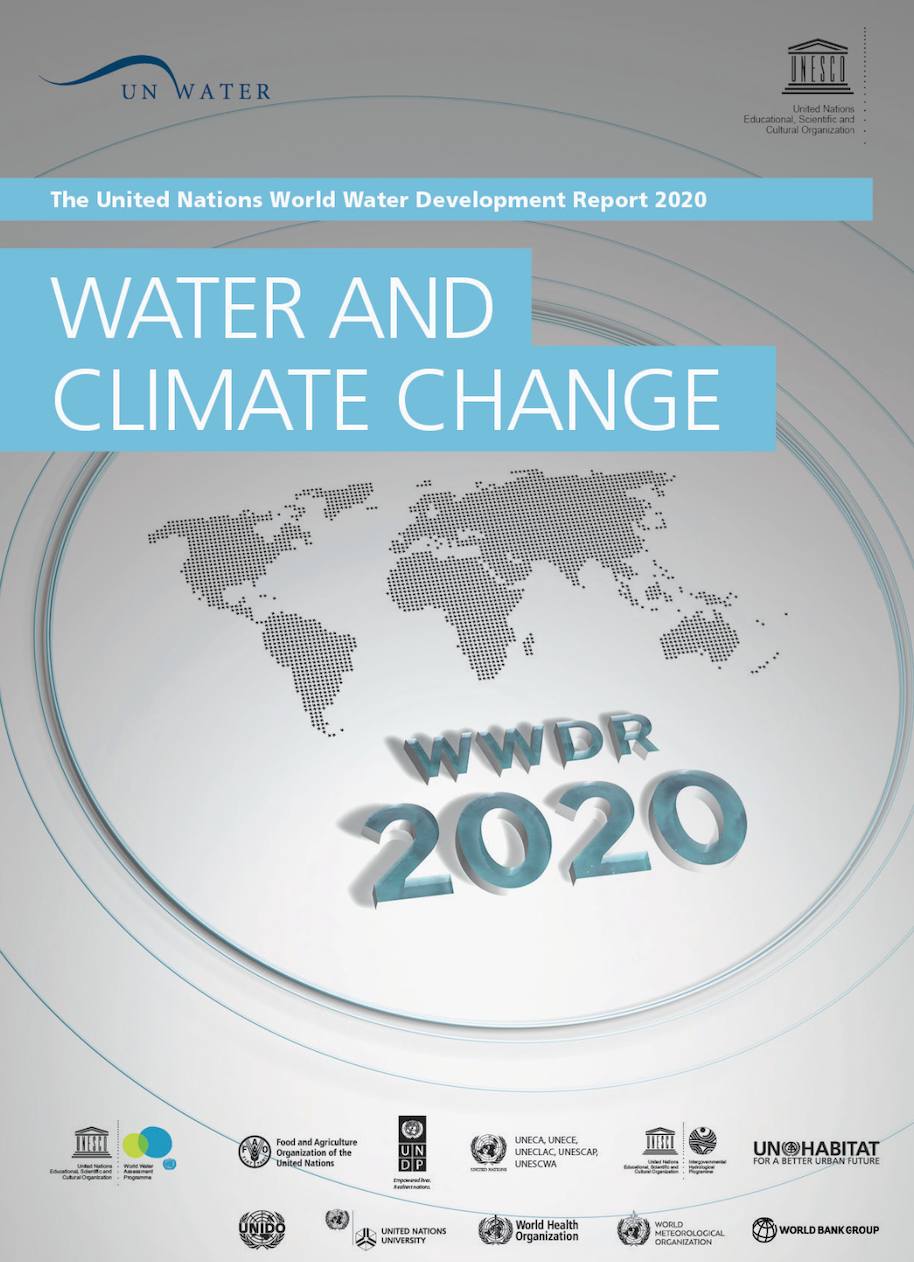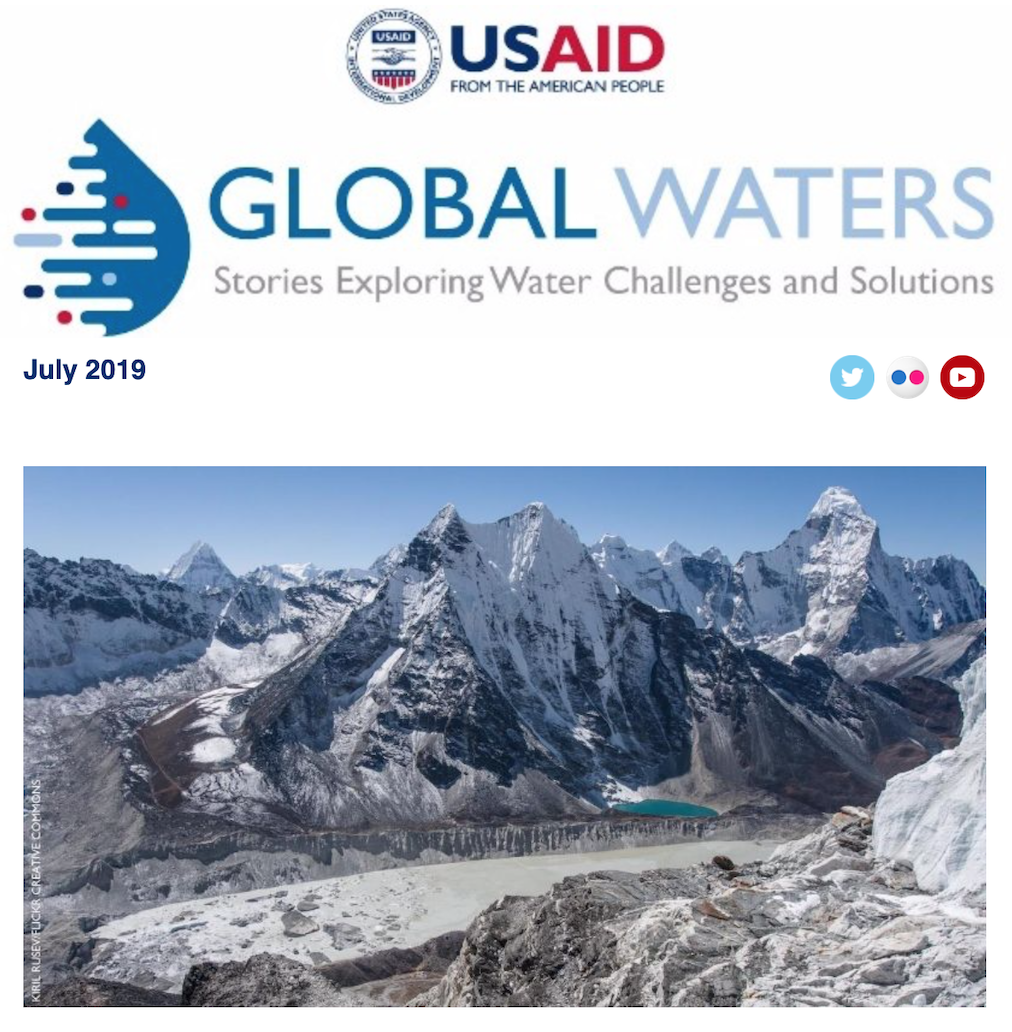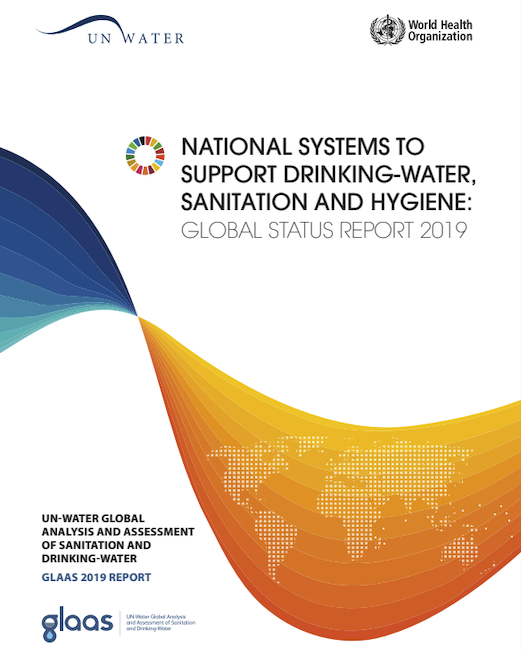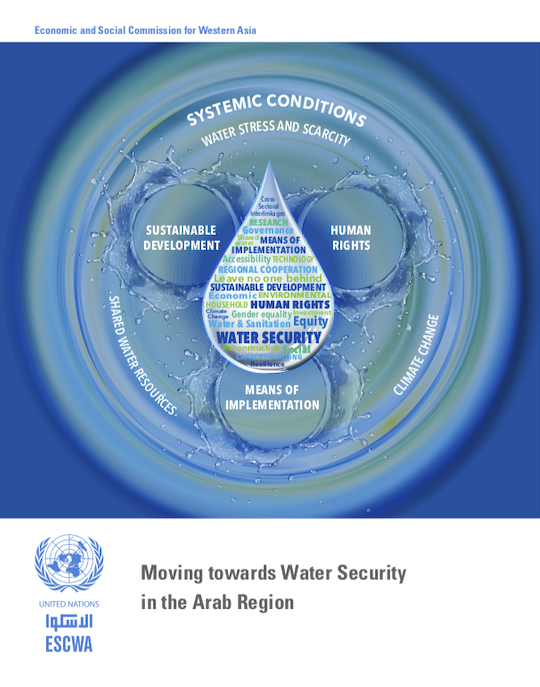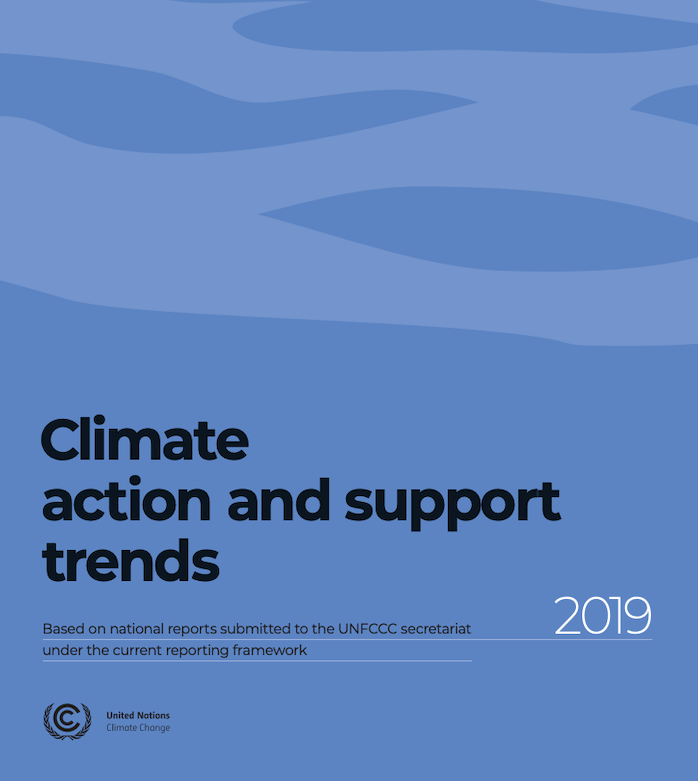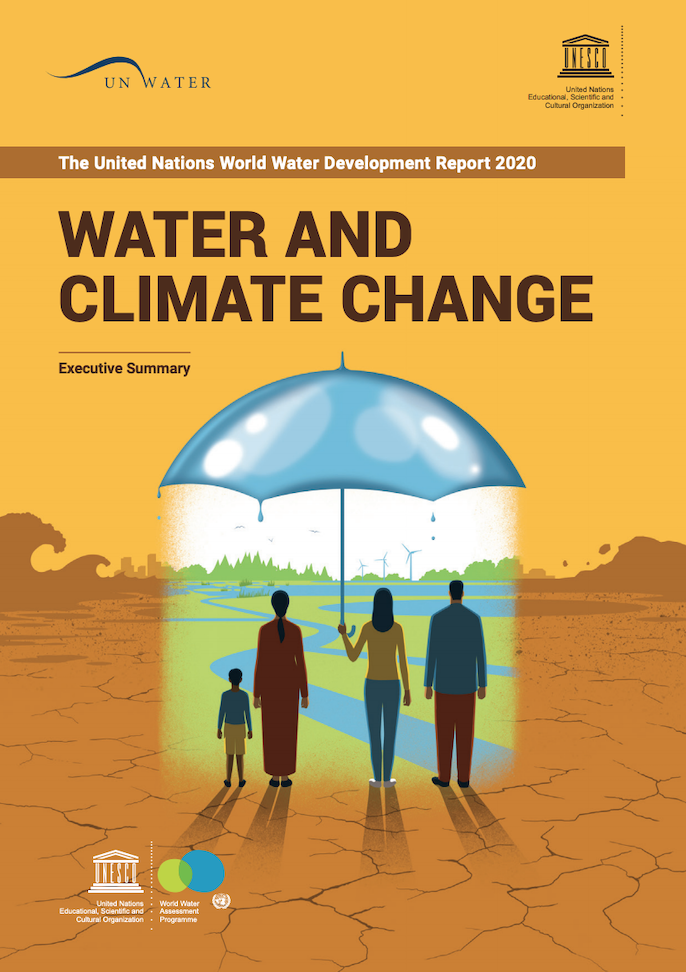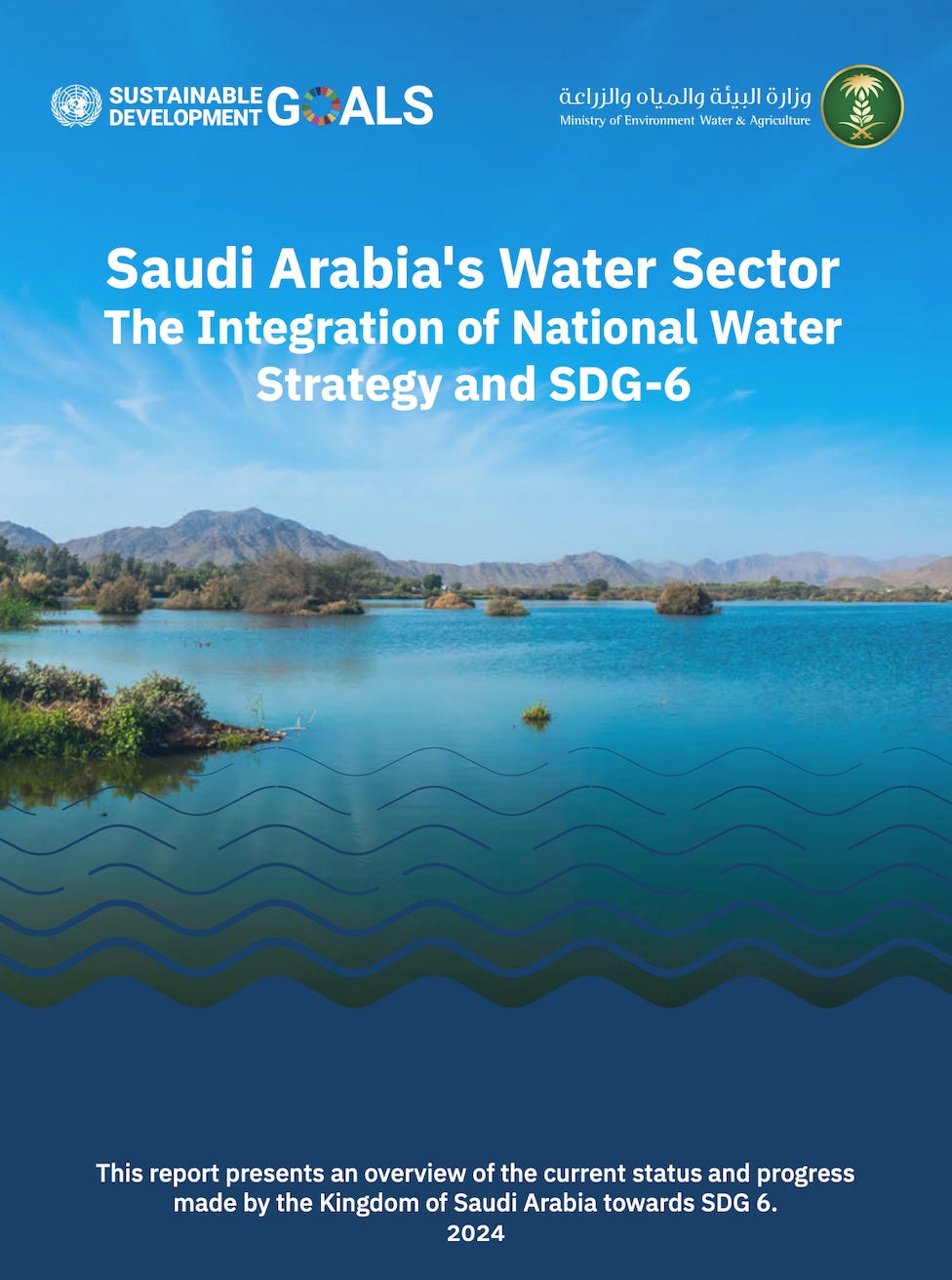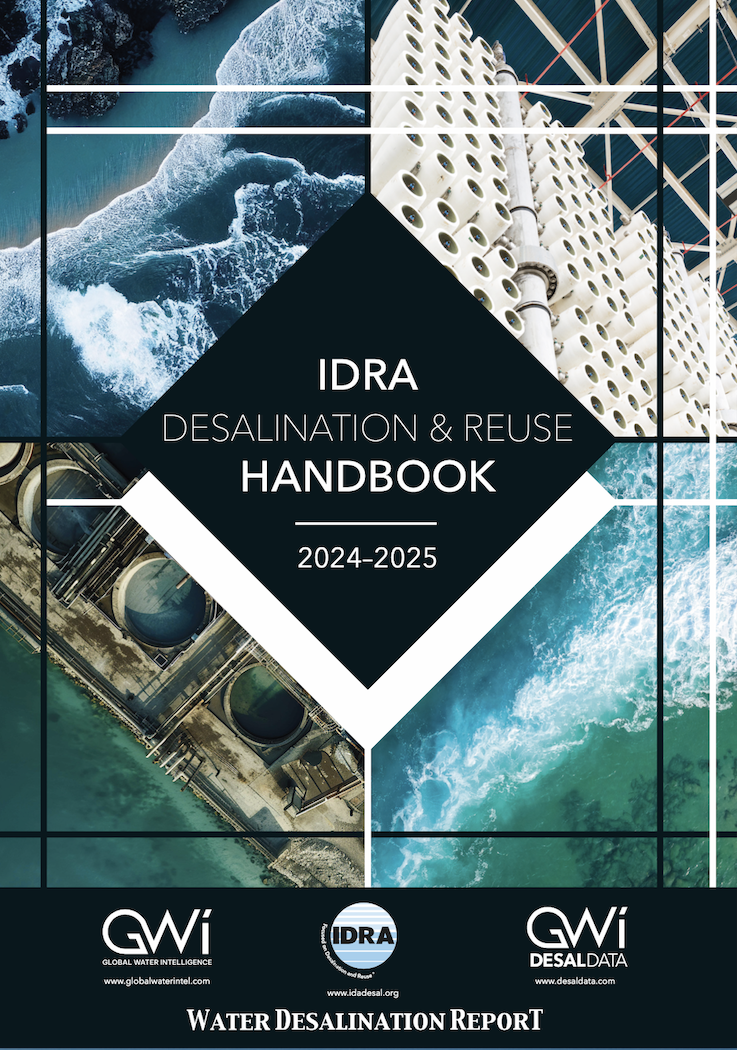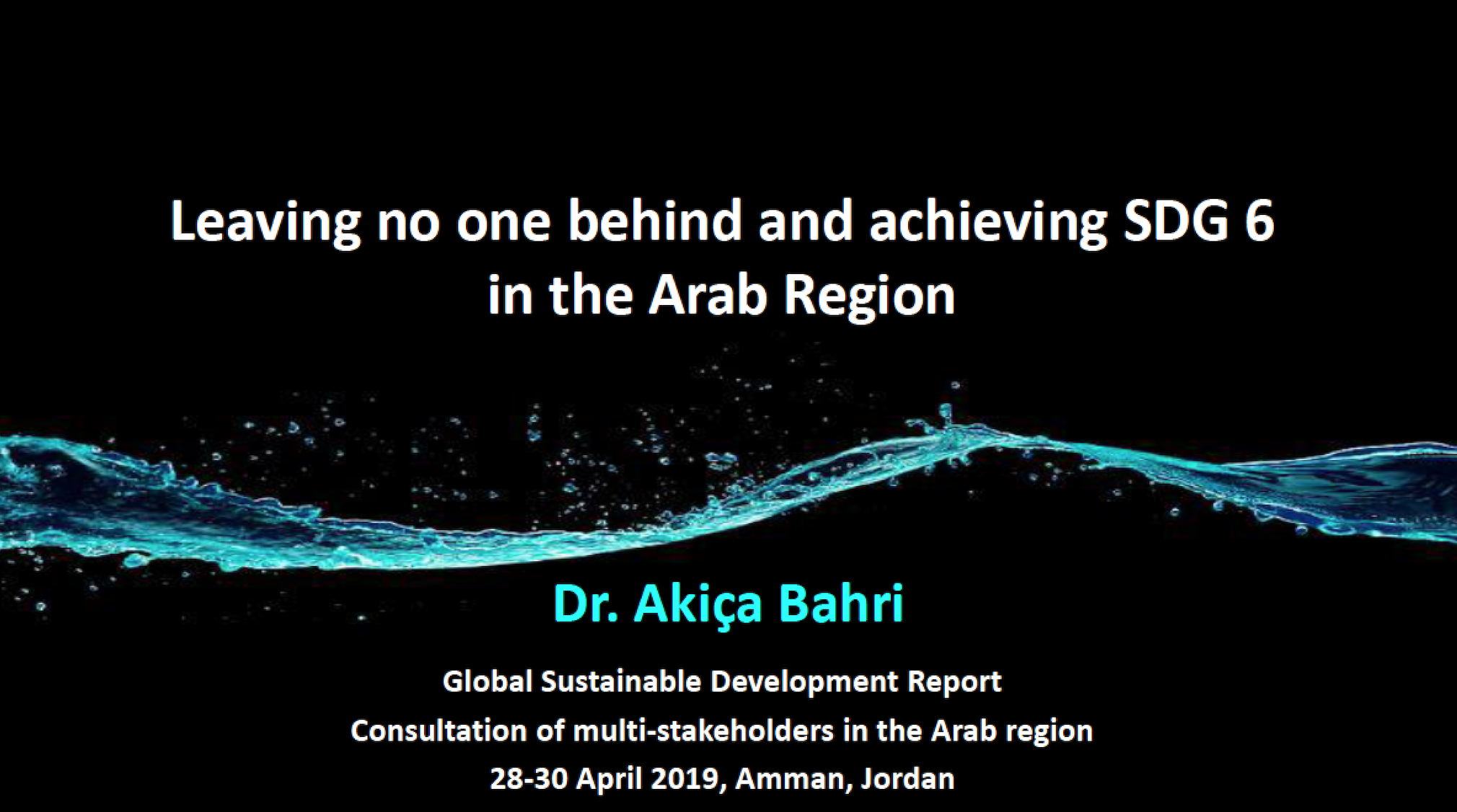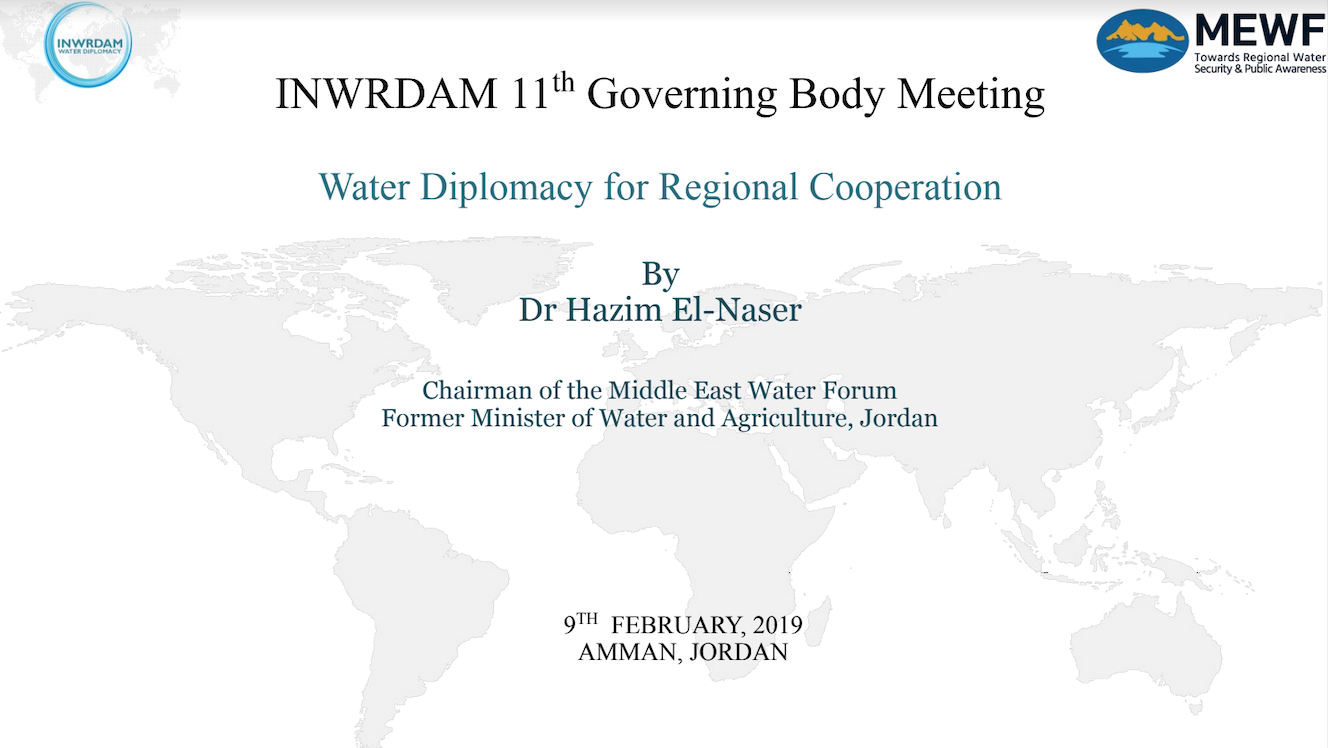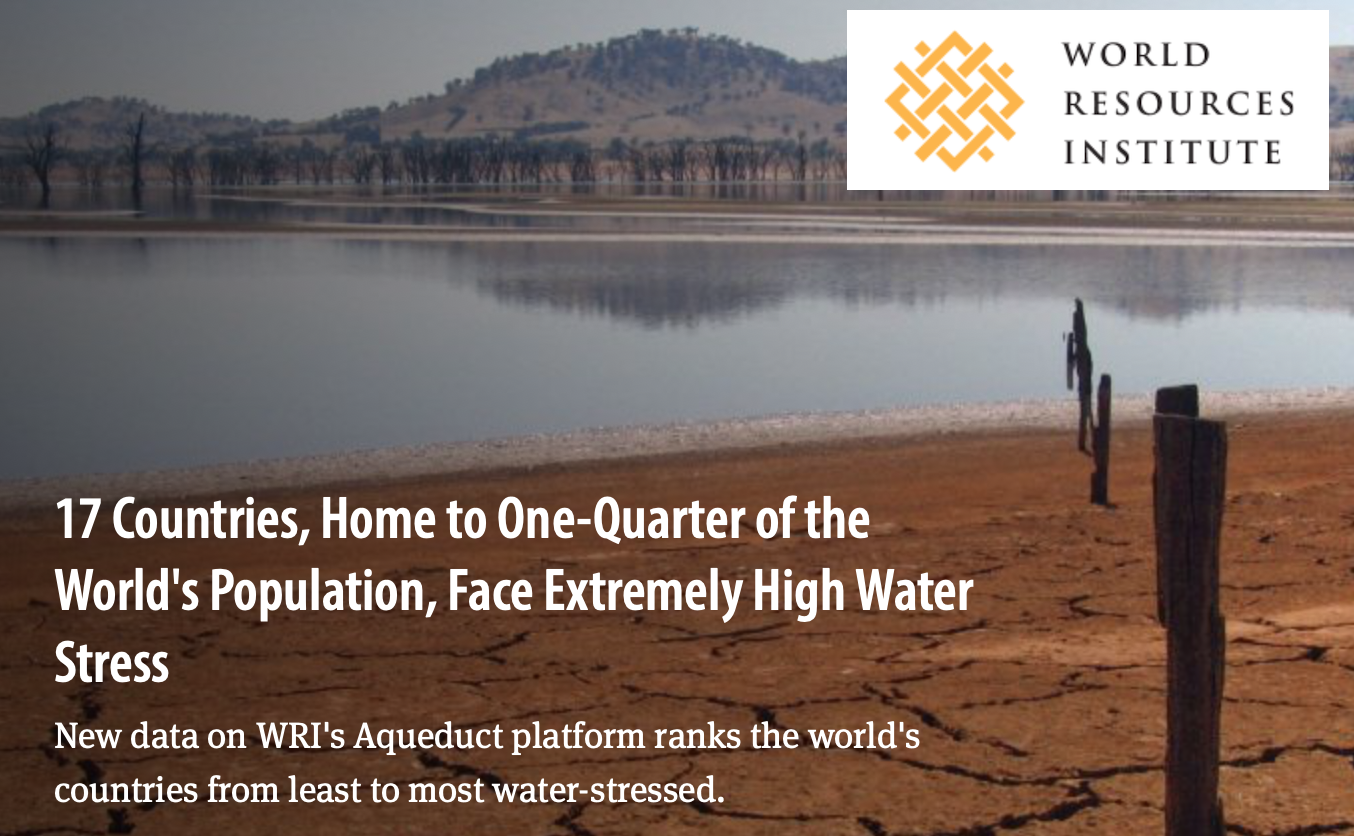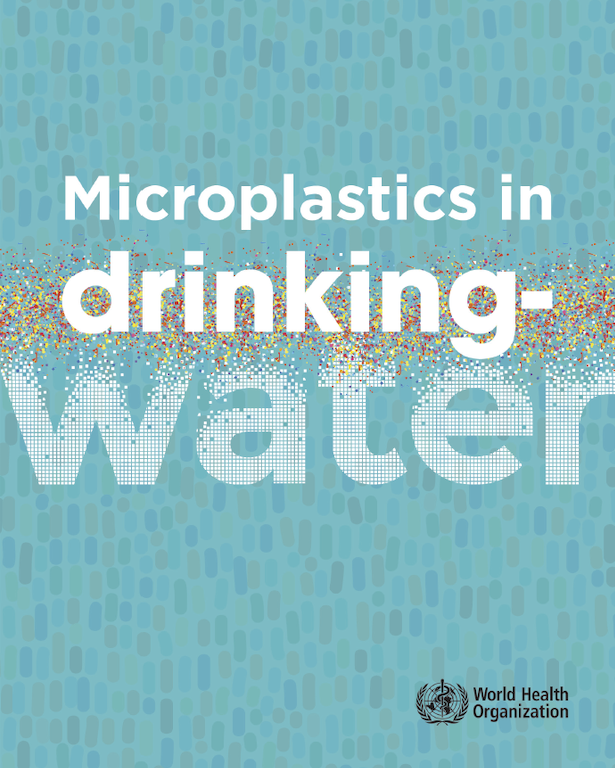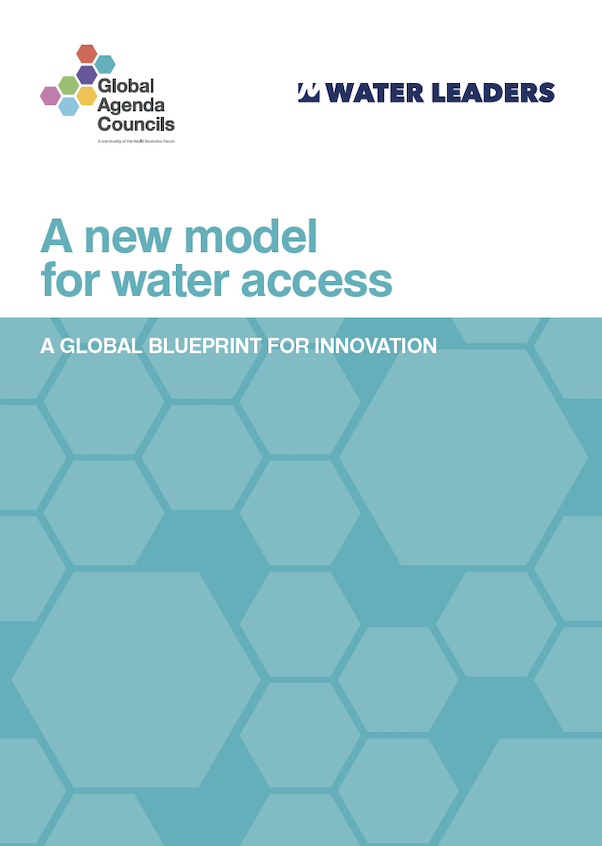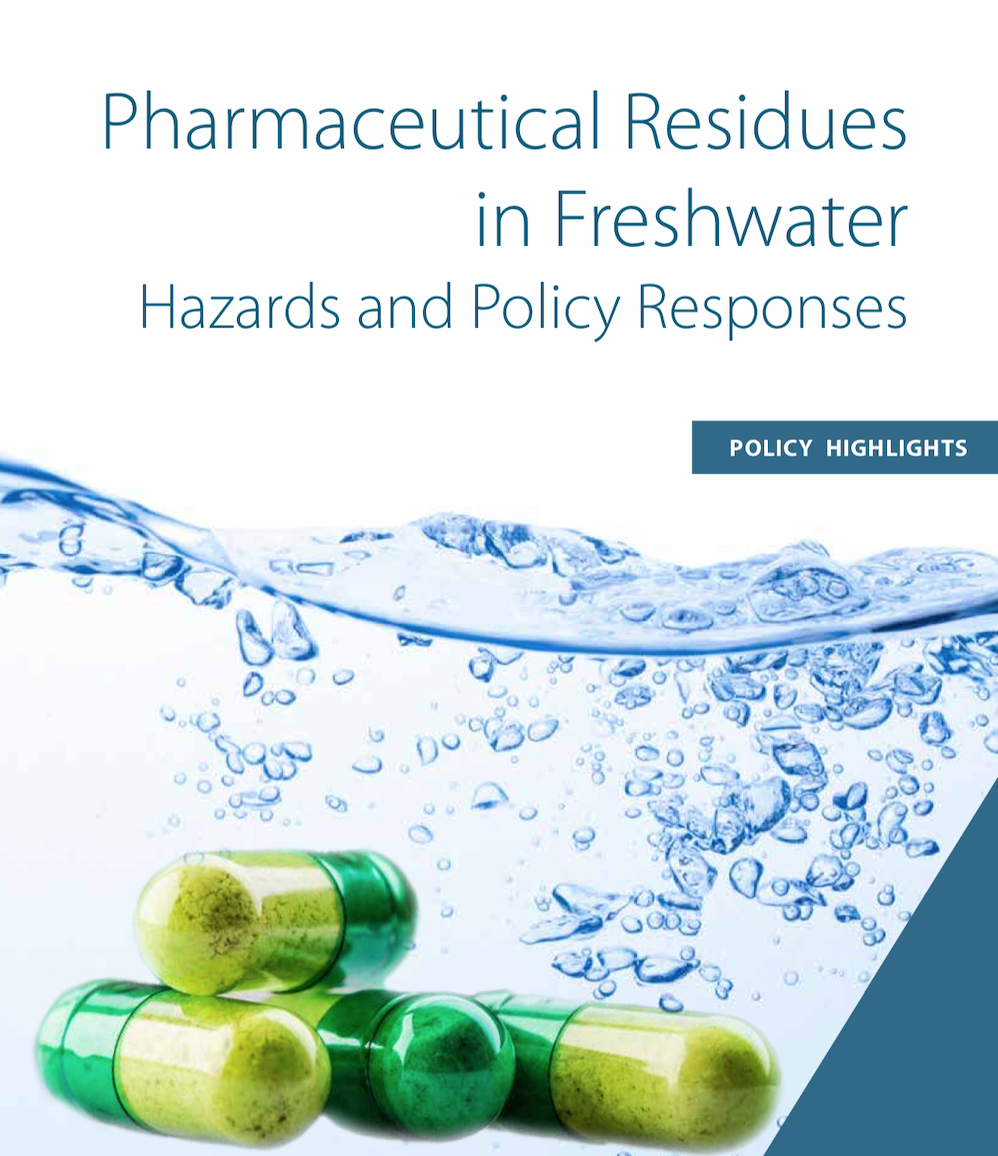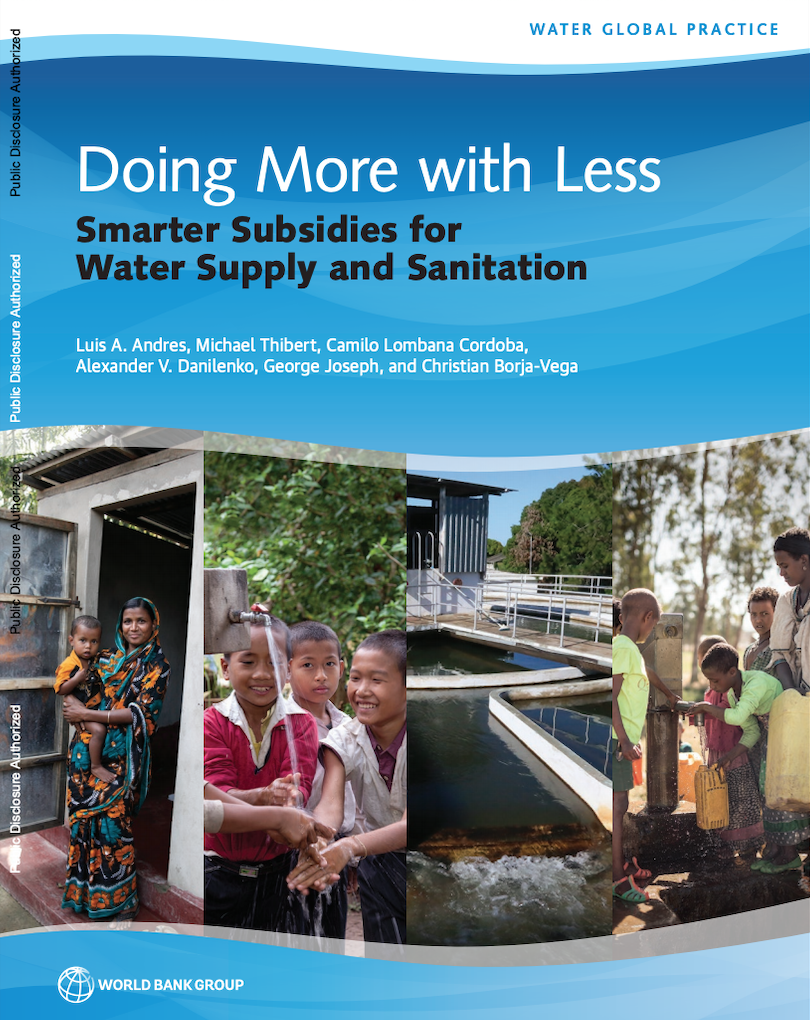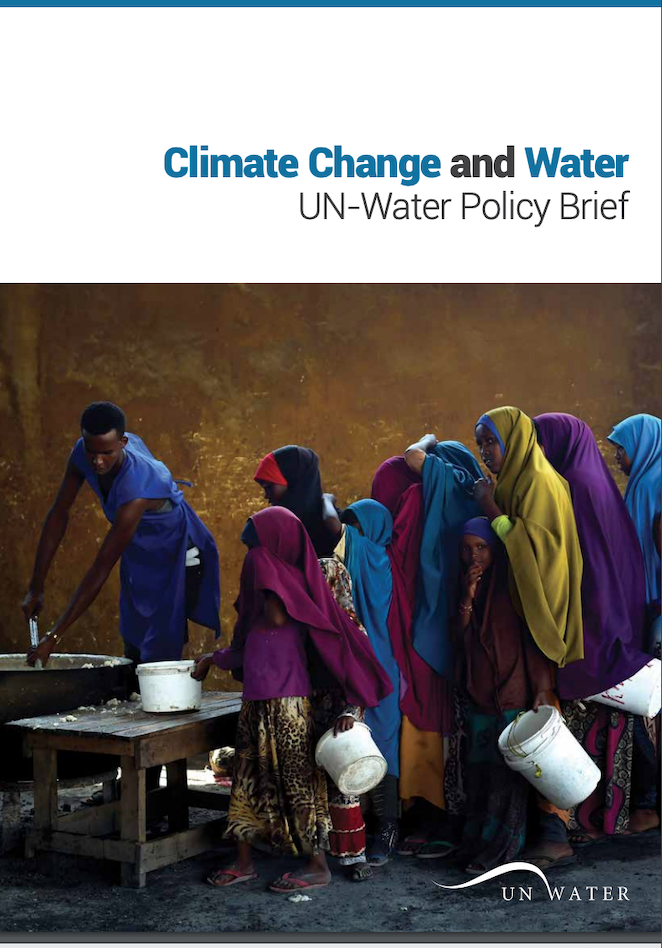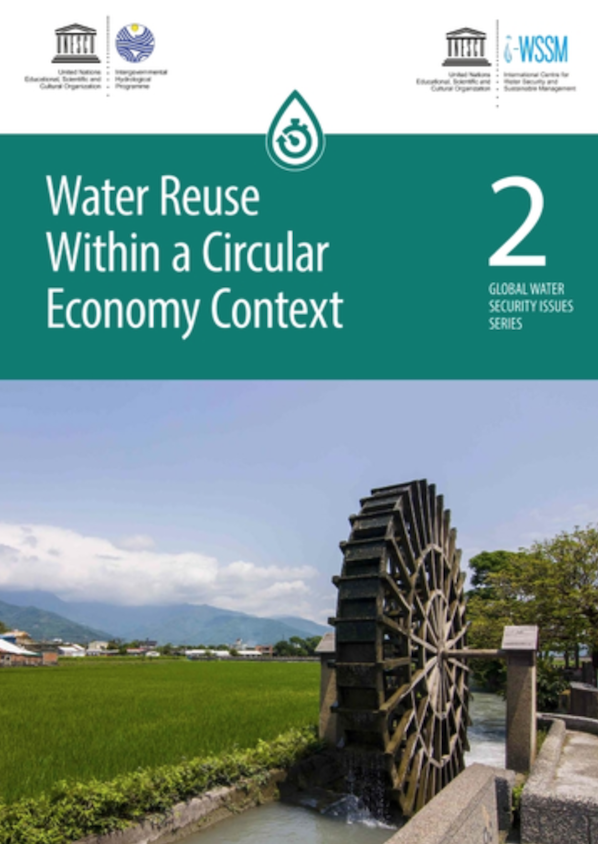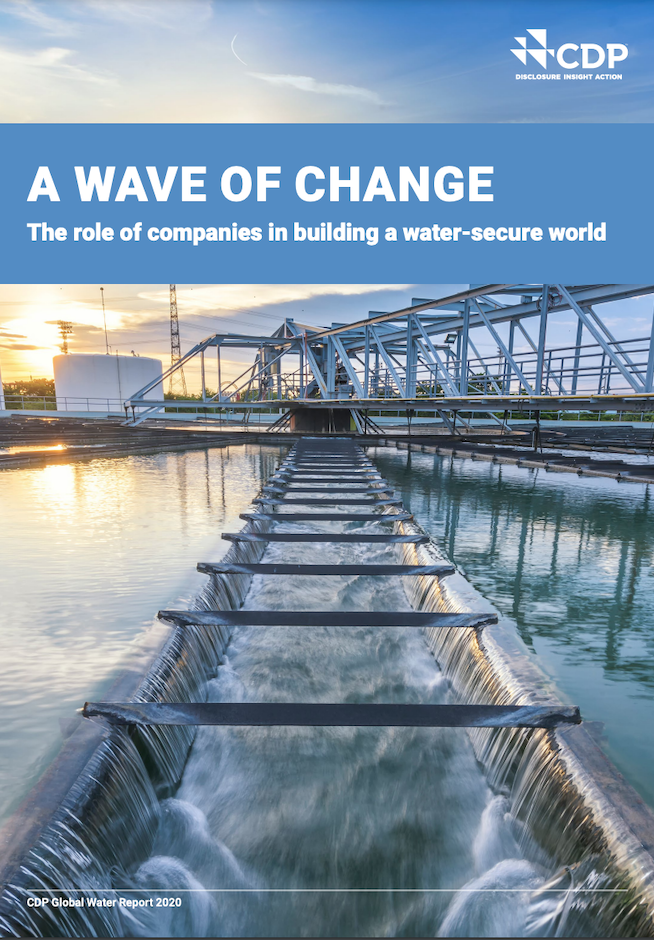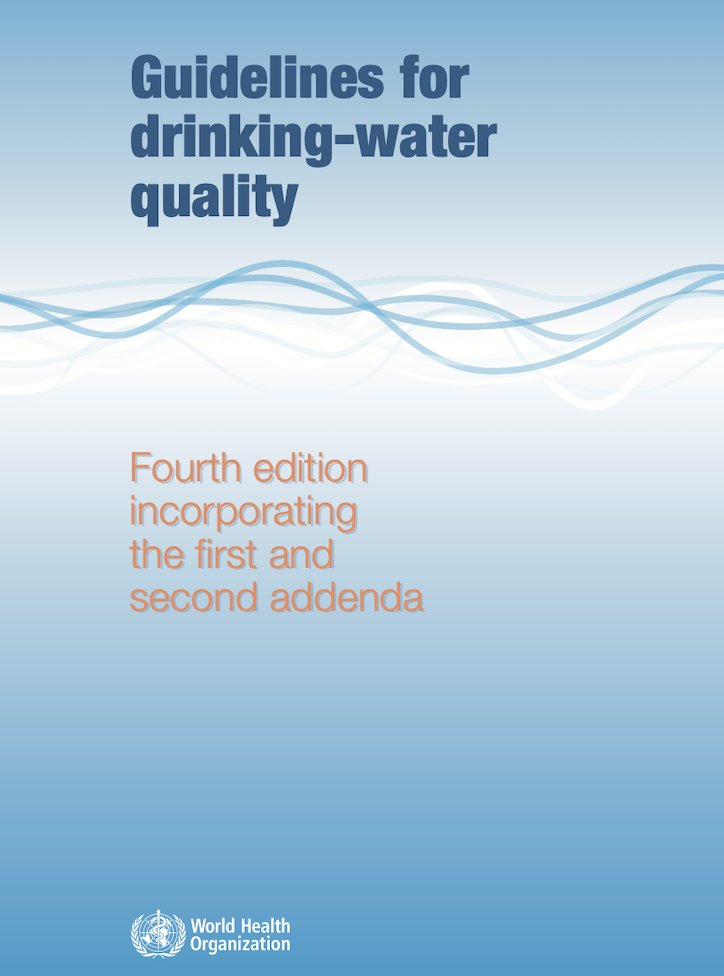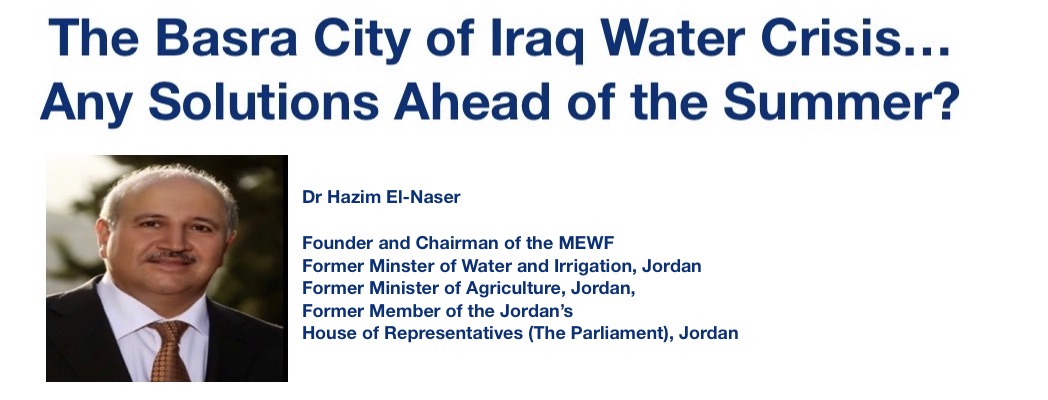
The Basra City of Iraq Water Crisis……Any Solutions Ahead of the Summer??
I had written an article on 7/9/2018 on the Basra water issue under the title "Basra crisis ..... lightning fast turned from water to political crisis" which can be referred to by using the link below (article in arabic language only). (https://www.facebook.com/49726442550/posts/10155672383307551/). I am sure that the Iraqi government is racing with wind ahead of the summer to find quick fixes to alleviate water shortages which seems to be inevitable, hopefully it will be less severe than last year. The numerous measures taken by the Iraqi government, the governorate council and the Iraqi parliament have significantly improved the water situation in late summer of 2018. The government has taken a number of measures to deal with the crisis, including "commissioning one of the companies to rehabilitate and construct new pumping stations and water purification units including the Rzero station. Measures to stop violations on water pipes and networks, and finally construction of a second pipeline in cooperation between the ministries of water resources and oil, to transfer raw water from the Shatt al-Arab/ The Northern Qurnah to Basra City and the surrounding areas. The government has also taken additional decisions that are not directly related to the water problem, such as "speeding up the process of recruiting unemployed people in Basra and improving the situation of workers in the water sector”. The Iraqi Council of Representatives also announced a number of measures to solve the problems of Basra, including the development of strategic plans with a time frame to improve the services in the city and also opened an investigation with officials who prove their lack of performance in water management or involved in corruption related issues. The idea behind this article is to help the Basra people and the concerned authorities in proposing some solutions that would alleviate the water problem in Basra without a considerable financial cost, including, but not limited to:
Short-term measures with low-cost requirements
First: An immediate program to educate citizens about the need to rationalize the consumption of water and not to use drinking water during the summer for any other purposes such as irrigation of plants, gardens, rinsing sidewalks and car washing, which consume more than 50% of drinking water.
Second: Set up a centralized center for receiving complains of water failures and leaks of pipes as well as other related issues and link it to a geographic information systems (GIS) to stop water wastage and non-revenue water in the absence of water supply.
Third: Introduce water saving devices and water retrofits through with government subsidized prices to encourage citizens to use them and be accessible to all segments of society. This measure is expected to save between 10-15% of the water used within a single household.
Fourth: Raise water tariffs on large consumers who use large amounts of water, such as industries and major consumers of domestic water, to force them to recycle water and rationalize consumption and protect medium and low-income familes because they do not consume much water compared to large consumers.
Fifth: Start and as soon as possible to conduct intensive training programs for technicians and engineers inside Iraq and abroad to transfer modern technology for water crises management and other needed areas. It is worth to mention that and following my above article on “the waters of Basra” and with the support of the Iraqi government, the Iraqi Embassy in Amman, the Iraqi Contractors Association, the Jordanian Contractors Association and the Ministry of Water and Irrigation of Jordanan MoU have signed on 10/1/ 2019 to train Iraqi technicians in Jordan.
Sixth: Due to high physical losses/ Leakage and burst of pipes as well as the stoppage of pumping stations from operation due to lack of maintenance which considered to be the main reasons for increasing the severity of the water crisis, it is highly recommended and necessary to double or triple the number of maintenance teams equipped with all necessary maintenance equipment and qualified technical staff in order to increase efficiency of water network repairs and maintenance of pumping stations during the coming summer.
Mid-term measures which require relatively high financial costs
First: Follow up on the implementation of all water projects promised by the government last year because their implementation will help significantly in easing the water crisis.
Second: Implement a number of desalination plants (RO) and distribute them geographically and implement number of water purification plants (UF) to utilize polluted water which is not of high salinity to reduce operating costs and to take advantage of these resources which are currently not being used and goes to waste. Taking into consideration that the implementation of RO and UF units do not take more than 4-5 months to supply, install and operate.
Third: Follow-up on the implementation of the project of “Improving Water Supply in Basra City” which is supported by the Japanese government and JICA, where the economic and technical feasibility study to improve the water supply was completed in 2007. The study proposed five stages for implementation of the water supply strategy. The delay in the implementation of the five stages is a key factor in increasing the severity of the water crisis that hit Basra last summer; the five stages can be described as follows:
1. Phase I: Rehabilitation of existing water purification plants, networks and pumping stations.
2. Phase II: Construction of a traditional water purification plant on the Shatt Al-Arab to be operational by 2015 (meaning that its implementation until this date has been delayed by about four years and there may be technical and financial reasons for that which we do not know).
3. Phase III: Construction of main trunk lines from the purification plant above located at the Shatt Al-Arab to supply all areas of Basra (which the Iraqi government promised to implement last year and instructed the ministries of water resources and oil to implement them)
4. Phase IV: Set up Water Distribution Zones (WDZ) to ensure equitable distribution of water, reduce losses and cut costs through rehabilitation of networks and management of water pressure (not completed).
5. Phase V: Construct desalination plant (RO) in the same location of the traditional purification plant on the Shatt Al-Arab in order to reduce water salinity (not done). Long-term measures with political and economic costs.
Finally, it is necessary to emphasize and recall what has been written previously that the real reasons behind the crisis in Basra in general lie in the fact that the share of the province’s water reaching the Shatt Al-Arab is very low, not enough to meet the needs of drinking, domestic, industrial and agricultural as a result of unilateral actions by the neighboring countries and especially Turkey. The way Turkey has acted in terms of building dams on the upstream of the Tigris and Euphrates rivers since the Antalya's Great Agricultural project (GAP) started in mid 1990’s, which required the construction of the Ataturk Dam on the Euphrates River causing significant reduction in the flow of water towards Syria and Iraq. The most recent construction of the Alisso dam on the Tigris River with major impact on the Tigris river water flows and thus more suffering to the people of Basra in particular and southern Iraq in general. Besides the Turkish dams, Iranian projects are also impacted flow to Shatt Al-Arab i.e. the diversion of the Karun River, which flows from Iranian territory adjacent to Iraqi borders which stopped an important tributary of Iraq's natural water sources.
This however, requires from the Iraqi government more effort and negotiation with neighboring countries and maybe the friends of Iraq play an important role in bringing parties together. Since the goal of this article is to help the people in Basra, we open the door for technical experts from Iraq and the entire world to make their views and technical proposals to help solve even partially the water problem in Basra. As we all know, there is no magic solution to the water problem but rather a bundle of measures, actions and programs that could help in alleviating water shortages.
 dr-hazim-el-naser-1
dr-hazim-el-naser-1
 dr-hazim-el-naser-1
dr-hazim-el-naser-1
 eng-zain-al-majed
eng-zain-al-majed
 hamzeh
hamzeh
 hamzeh
hamzeh
 undefined
undefined

